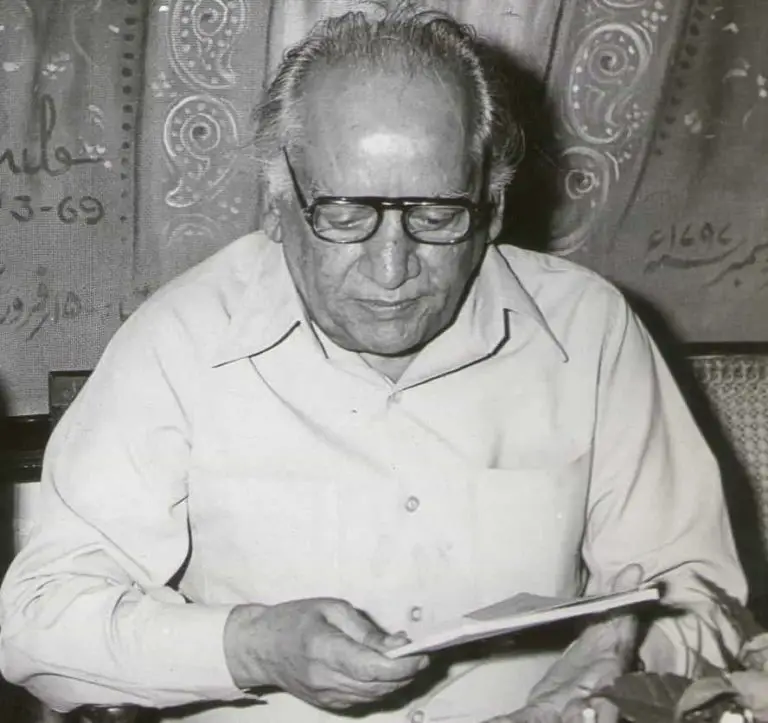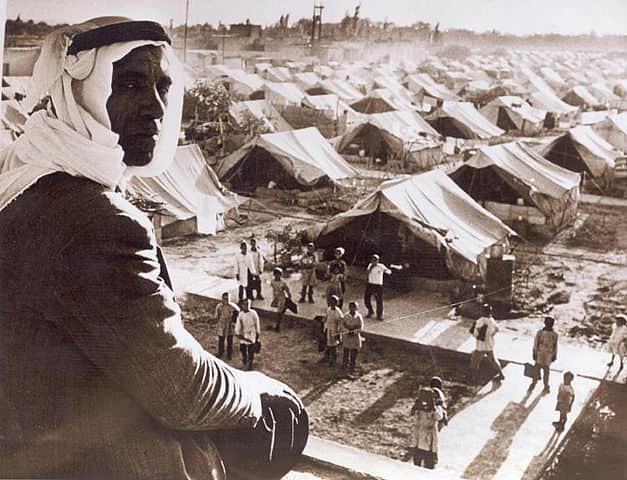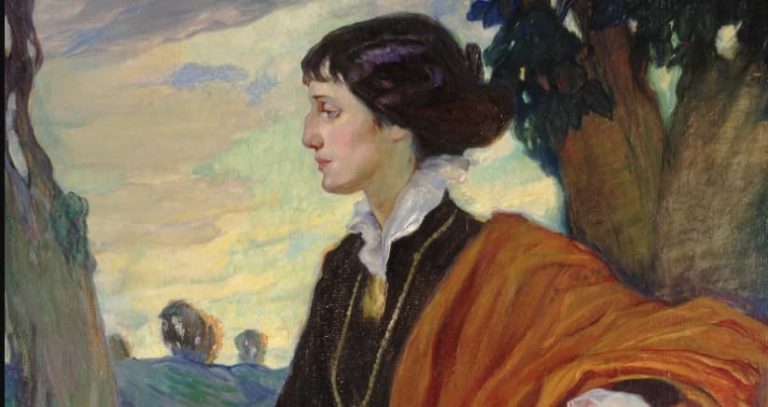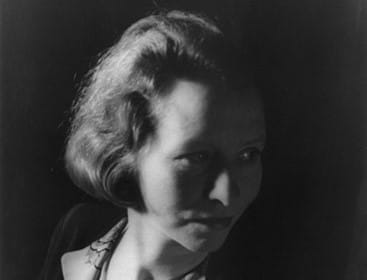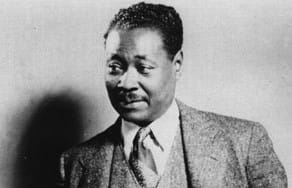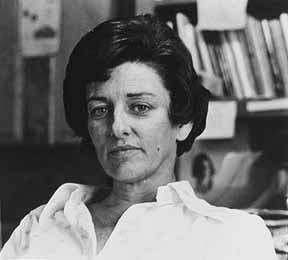10 of the Best Poems of Mahmoud Darwish
Mahmoud Darwish was regarded as the Palestinian national poet. His poems explore a number of themes, including homeland, suffering, dispossession, and exile. Here you can find the 10 best poems by Mahmoud Darwish. Our list encompasses the artistically excellent poems Darwish wrote in his lifetime. Explore the beauty of Darwish’s versification here with us!
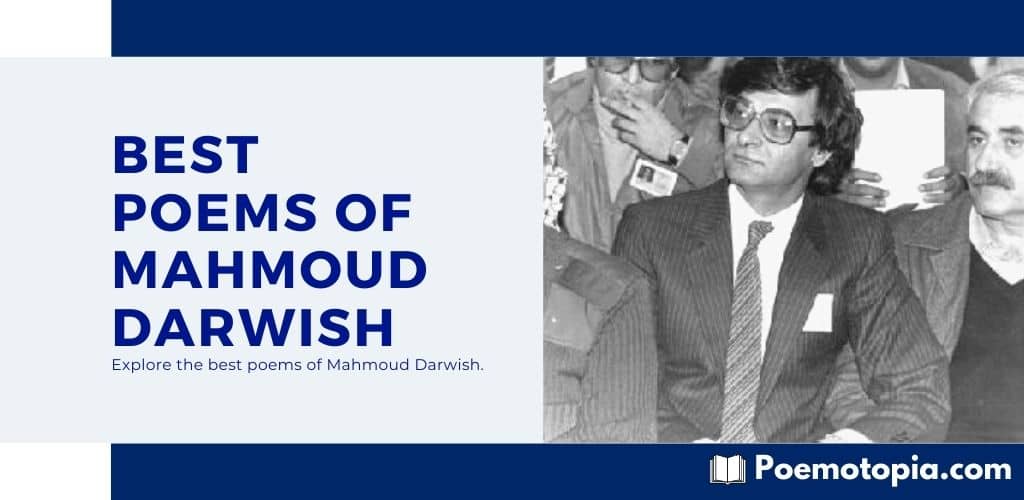
I Come From There
“I Come From There” is one of the best-known poems of Mahmoud Darwish. This poem is about a speaker in exile. Through this piece, Darwish explores what it feels like to be far away from one’s homeland, suffering behind a prison’s cold walls, and memories that deeply pain the heart. The speaker of this poem utters:
And I weep to make myself known
To a returning cloud.
I learnt all the words worthy of the court of blood
So that I could break the rule.
I learnt all the words and broke them up
To make a single word: Homeland…..
Source: I Come From There
Passport
It is one of the important poems of Darwish that explore the theme of identity and dislocation of the self. In this poem, Darwish talks about a person who feels isolated in his own country. The physical passport he carries often fails to reflect his identity. But his mind, more reflective of his own identity, shows how much he is connected with the place. So, the speaker says in emotive terms:
Don’t ask the trees for their names
Don’t ask the valleys who their mother is
From my forehead bursts the sward of light
And from my hand springs the water of the river
All the hearts of the people are my identity
So take away my passport!
Source: Passport
Psalm 9
Though this poem carries a spiritual aura around the title, it is more about a speaker’s feeling of displacement. It is about a seeker’s yearning for enlightenment. At the same time, it is about the boulder of discrimination that is placed between the speaker and his desire. It stops him and increases his mental pain. The speaker of the poem only wishes for what the poet writes in the first few lines:
O rose beyond the reach of time and of the senses
O kiss enveloped in the scarves of all the winds
surprise me with one dream
that my madness will recoil from you
Source: Psalm 9
Under Siege
“Under Siege” is a long poem about a country under siege. The speaker of this poem shares what it feels like when one’s heart is besieged simultaneously. Though the person undergoes a crisis, he is able to find eternity. How does he find that? To know, go through these beautiful lines from the poem:
Our cups of coffee. Birds green trees
In the blue shade, the sun gambols from one wall
To another like a gazelle
The water in the clouds has the unlimited shape of what is left to us
Of the sky. And other things of suspended memories
Reveal that this morning is powerful and splendid,
And that we are the guests of eternity.
Source: Under Siege
A Lover From Palestine
This poem is about a lover missing his beloved. He describes her as a “thorn” impregnated into his heart. Though it pains, he cherishes the thorn of love. It seems his beloved has died. So, he goes on recapitulating the lost hours of togetherness. In this poem, Darwish similarly explores the theme of displacement and longing from one’s homeland. Let’s have a look at the first few lines from the text:
Your eyes are a thorn in my heart
Inflicting pain, yet I cherish that thorn
And shield it from the wind.
I sheathe it in my flesh, I sheathe it, protecting it from night and agony,
And its wound lights the lanterns,
Its tomorrow makes my present
Dearer to me than my soul.
Source: A Lover From Palestine
Identity Card
When Darwish was young, he read “Bitaqat huwiyya” or “Identity Card” to a crowd in a movie house. Their reaction was tumultuous. Later, in 2016, there was controversy over the broadcasting of this poem on the Israeli radio station. It was compared to Hitler’s Mein Kampf. Though this poem sounds charged with heated rhetoric, it is not like Hitler’s autobiography. This piece speaks of a simple person’s proclamation of his identity. He says:
Therefore!
Write down on the top of the first page:
I do not hate poeple
Nor do I encroach
But if I become hungry
The usurper’s flesh will be my food
Beware…
Beware…
Of my hunger
And my anger!
He Is Quiet And So Am I
This thoughtful poem is about Darwish and his quietened self. He does not trust himself amidst the tumultuous situation of his homeland. It appears to him a killer or he is the killer of his own self. In both ways, he feels sad and lost.
He is quiet and so am I.
He sips tea with lemon, while I drink coffee.
That’s the difference between us.
(…)
I think: Maybe he’s a killer…
or maybe a passerby who thinks
I am a killer.
He’s afraid…and so am I.
Source: He Is Quiet And So Am I
To My Mother
Darwish’s “To My Mother” describes how a speaker misses her deceased mother. He longs for his mother’s food, her touch, and the memories of his childhood days. Being old, he finds it impossible to survive without the care of his mother. That’s why he says:
I am old
Give me back the stars of childhood
That I may chart the homeward quest
Back with the migrant birds,
Back to your awaiting nest.
Source: To My Mother
In Jerusalem
This poem speaks from the perspective of a person who ironically forgot to die. He aimlessly gets transfigured into different beings and roams around the holy city of Jerusalem, a reference to his homeland. This poem is filled with several thoughtful questions. For example, in the last few lines, the speaker asks:
I am no I in ascension’s presence. But I
think to myself: Alone, the prophet Muhammad
spoke classical Arabic. “And then what?”
Then what? A woman soldier shouted:
Is that you again? Didn’t I kill you?
I said: You killed me … and I forgot, like you, to die.
Source: In Jerusalem
If I Were Another
“If I Were Another” describes how a speaker feels lost. He wants to delay the process of getting there where he wants to be in order to relieve his soul. The person wants to explore and expand himself. According to him:
Because the house is farther, and the road to it prettier—
that’s what my new song would say. Whenever
the road lengthens the meaning renews, and I become two
on this road: I … and another!
Source: If I Were Another
FAQs
“I Come From There” is the most famous work of Mahmoud Darwish. This piece explores the theme of exile, dislocation, and loneliness.
Darwish is most famous for his poem “Identity Card” or “Bitaqat huwiyya”. He first read this poem to a crowd on 1 May 1965.
External Resources
- Check out The Butterfly’s Burden (2006) — Explore Darwish’s last collection of poetry containing two of his most recent full-length volumes, linked by a stunning memoir-witness poem.
- About Mahmoud Darwish — Read about the poet’s life.
- Poet Profile & Poems of Mahmoud Darwish — Explore the poet’s profile and read his poems.
- Biography of Mahmoud Darwish — Learn more about the poet’s life.
- Poems of Mahmoud Darwish — Explore Darwish’s best-known poems.

